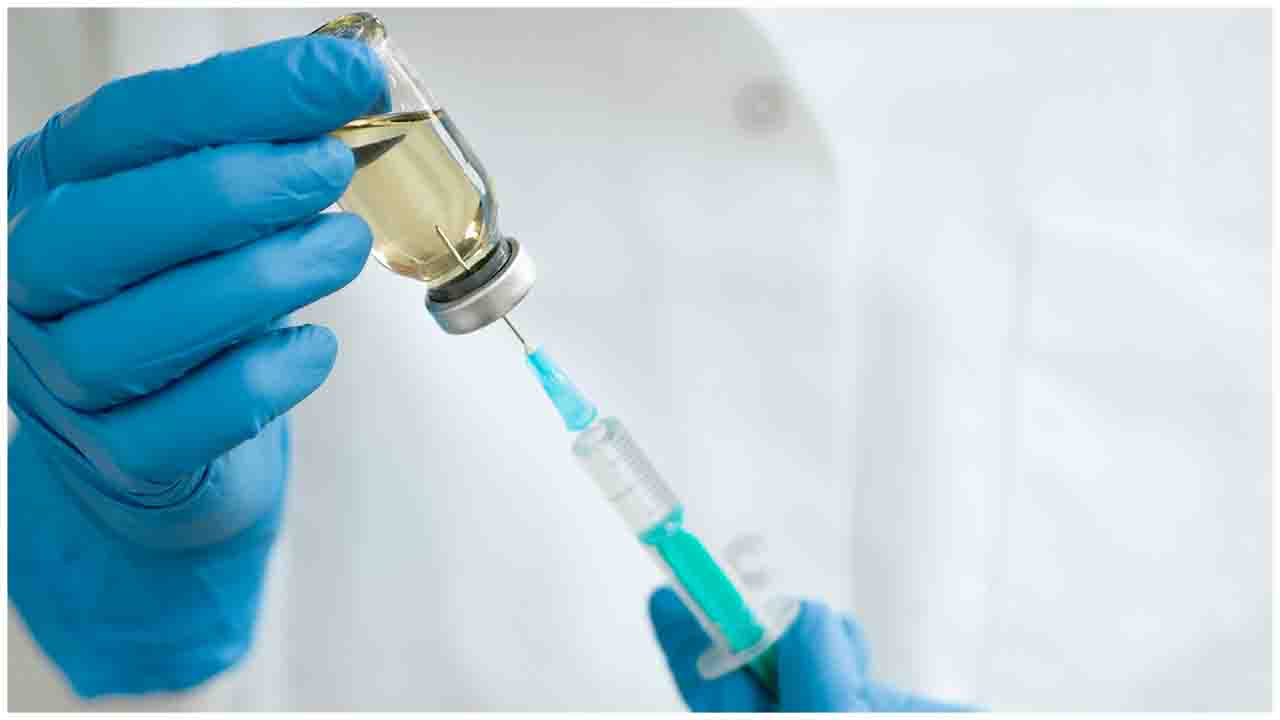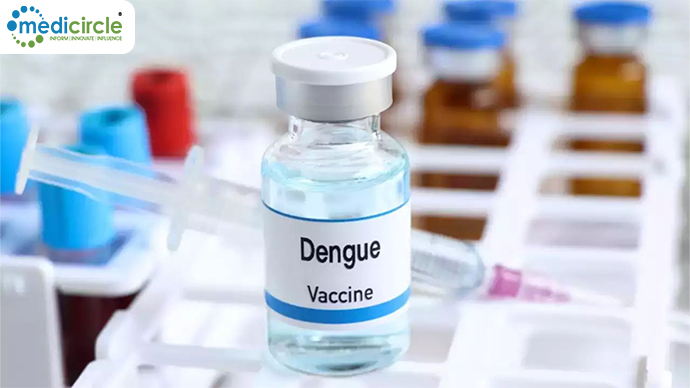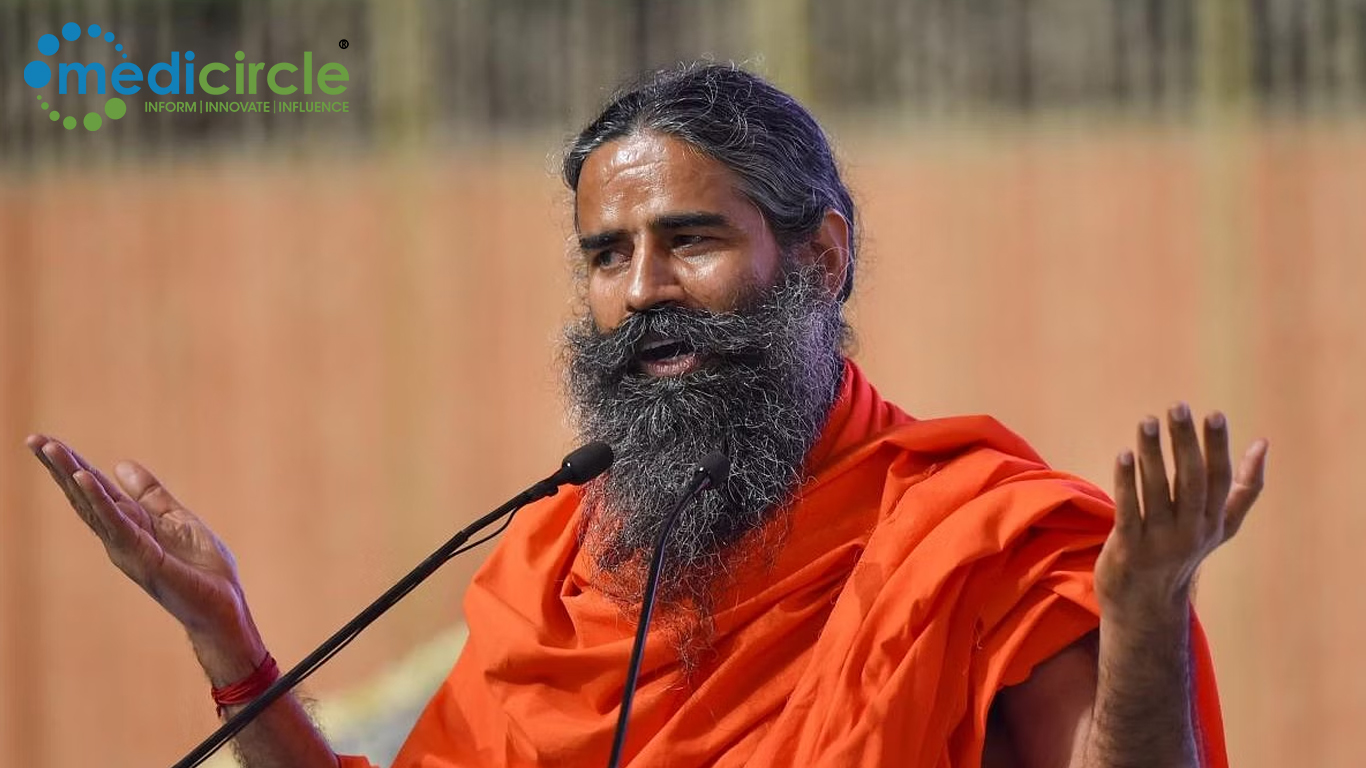Russia's arrangement to reveal its "Sputnik-V" COVID-19 immunization even before full preliminaries shows how well it functions is inciting worry among infection specialists, who caution an in part compelling shot may urge the novel coronavirus to transform.
Infections, including the pandemic SARS-CoV-2, are known for their capacity to change constantly - and frequently this has next to zero effect on the hazard presented to individuals.
In any case, a few researchers are concerned that including "developmental weight" to the microorganism by conveying what probably won't be a completely defensive immunization could compound the situation.
"Not exactly complete assurance could give a choice weight that drives the infection to dodge what counteracting agent there is, making strains that at that point avoid all immunization reactions," said Ian Jones, a virology educator at Britain's Reading University.
"In that sense, a helpless antibody is more terrible than no immunization."
Sputnik-V's designers, just as money related sponsor and Russian specialists, state the antibody is protected and that two months of little scope human preliminaries have demonstrated that it works.
In any case, the consequences of those preliminaries have not been made open, and numerous Western researchers are wary, cautioning against its utilization until all globally affirmed testing and administrative obstacles have been passed.
Russia said on Thursday it intends to start enormous scope adequacy preliminary of the antibody in an aggregate of 40,000 individuals, however will likewise start directing it to individuals in high-hazard gatherings, for example, human services laborers, before the preliminary has delivered any outcomes.
"You need to ensure the antibody is viable. We truly don't realize that (about the Sputnik antibody)," said Kathryn Edwards, an educator of pediatrics and immunization master in the irresistible maladies division at Vanderbilt University School of Medicine in the United States.
She said that the danger of what an antibody may do to infection - as far as battling it, blocking it, or constraining it to adjust - is "consistently a worry".
Dan Barouch, a master at Harvard's Beth Israel Deaconess Medical Center in Boston, noticed that transformation rates for coronaviruses are far lower than for infections like HIV, however, included: "There are numerous expected drawbacks of utilizing an immunization that doesn't work. The hazard that it (the infection) would transform is hypothetical."
Researchers express comparable transformative strain to change is seen with bacterial microbes, which - when confronted with anti-toxins intended to target them - can advance and adjust to dodge the medications and create opposition.
Anti-toxin opposition and the ascent of superbugs is portrayed by the World Health Organization as probably the greatest danger to worldwide wellbeing, food security, and advancement today.
Jones focused on that immunization initiated viral changes are "an uncommon result", and the more prominent the adequacy of the immunization in hindering an infection's capacity to enter cells and duplicate there, the lower its danger having a chance to circle and "realize" how to sidestep neutralizer safeguards.
"On the off chance that (an antibody) is cleaning, the infection can't get in, so it can't get the hang of anything since it never gets an opportunity," he said. "However, on the off chance that it gets in and recreates ... there is the choice weight for it to avoid whatever antibodies have been created by the wasteful immunization. Also, you don't have a clue what the result of that is destined to be."

 Viruses, including the pandemic SARS-CoV-2, are known for their ability to mutate all the time - and often this has little or no impact on the risk posed to people.
Viruses, including the pandemic SARS-CoV-2, are known for their ability to mutate all the time - and often this has little or no impact on the risk posed to people.






.png)
.png)











.jpeg)



.jpg)




.jpg)





.jpeg)

.jpg)


